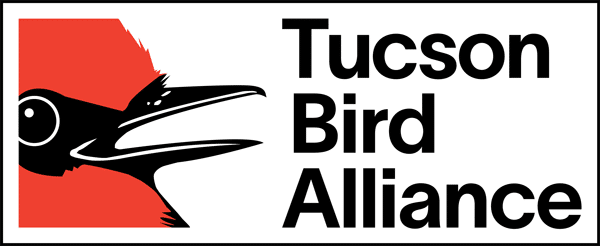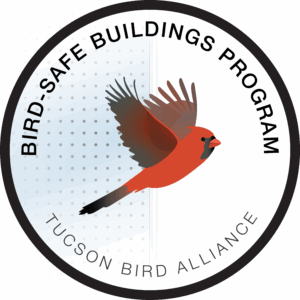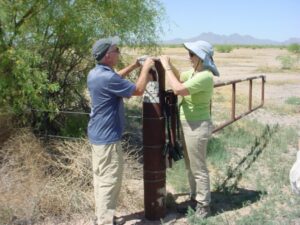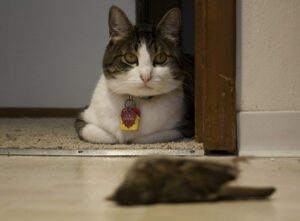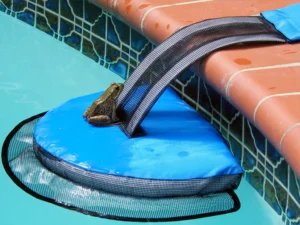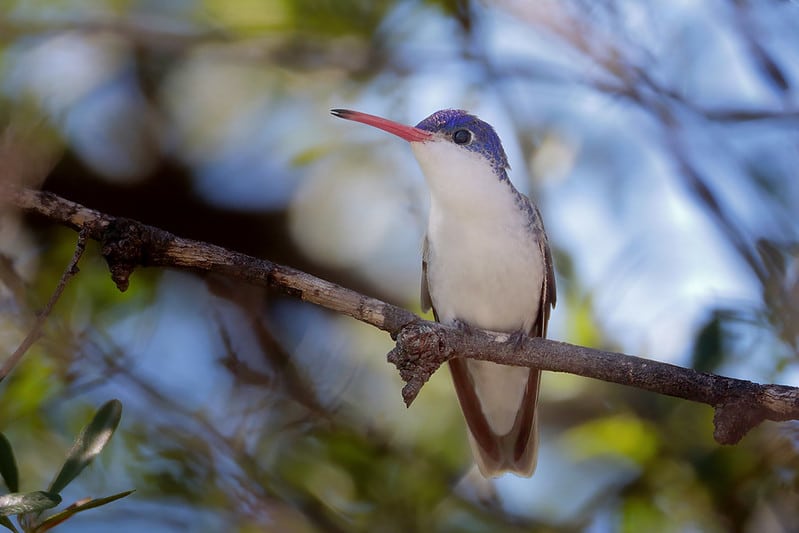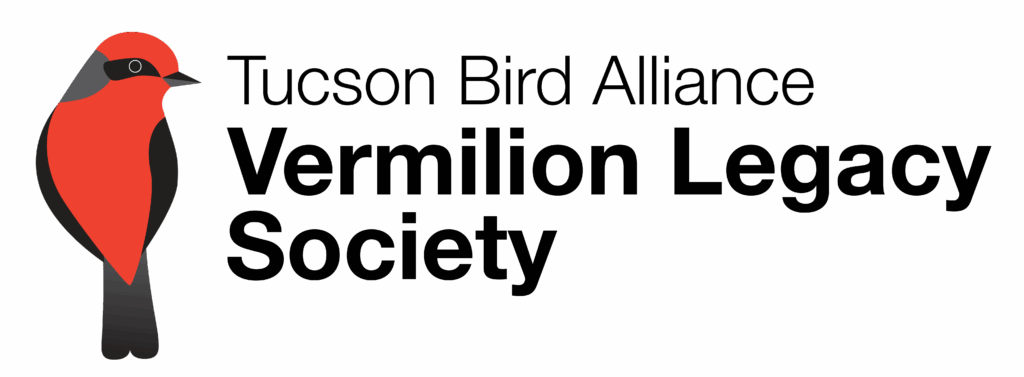Reducing Hazards
Reducing Hazards to Birds in Wildland and Urban Landscapes
As urban centers continue to expand, more and more birds are found in habitats that have been altered by humans in one way or another. This page addresses some of the biggest human-caused hazards to birds and ways to prevent them. Together, we aim to minimize avoidable fatalities through education, reporting, and direct action. Your involvement is paramount in this collective effort, and we invite you to join us in protecting birds in your own yards and wherever you go.
Bird-safe Buildings Program
Window strikes are a significant source of human caused bird mortality in North America. 365 million to 1 billion birds die from window collisions every year in the US alone. The majority of these strikes happen in low-rise buildings including residential areas. Learn what you can do to prevent window strikes at home.
Open Pipes Project
Uncovered vertical pipes are dangerous to birds and other wildlife. While looking for a place to nest or hibernate, animals can fall into an open pipe and become trapped. Unable to escape, they eventually die.
Keep Cats Indoors
Cats that spend time outdoors, whether feral or socialized, kill hundreds of millions of birds and other small wildlife each year, including endangered species. They do this even if they are well fed and wear bells. This has been documented in many areas, and a small study in the Tucson area shows similar results. According to the Arizona Game and Fish Department, a University of Arizona study of five suburban house cats found the cats killed a total of 113 animals in just 12-15 weeks. The lives of outdoor cats are generally difficult and much shorter than indoor cats. They are killed by diseases, cars, poisons, and predators such as coyotes.
Interested in a Catio for Your Feline?
Cat Topia specializes in designing and building outdoor cat enclosures. They have partnered with Tucson Bird Alliance and are offering a 10% donation for anyone who uses their services through this link. You can feel good knowing your cat has an enriching and safe outdoor space and local birds are protected.
Learn More about keeping cats indoors
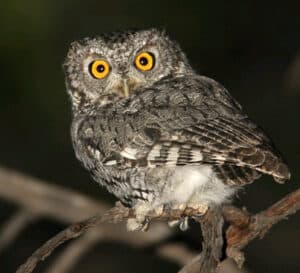
Reduce/Eliminate Pesticide Use
Rodenticides not only kill rats and mice, but kill the wildlife that eat poisoned individuals. Through bioaccumulation, a secondary-poisoning process, rodenticide residues build up in predators that consume multiple poisoned carcasses—exposing rodent-eating predators and scavengers such as owls, hawks, bobcats, coyotes, raccoons, skunks, and even domestic pets to immense amounts of poison. Not only can these poisons be directly toxic leading to internal bleeding, seizures and death, but lower levels can also impair the immune system, causing coyotes, bobcats, eagles, owls and other wildlife to be more susceptible to diseases like mange.
Instead:
- Put up an owl box. Owls are incredible hunters with superhero-like hearing, especially for high-pitched sounds like rodents squeaks.
- Put up a Kestrel box. American Kestrels commonly feed on large insects like grasshoppers and beetles; scorpions, spiders, and small mammals, making them a great, non-threatening day time pest control.
- Keep snakes around. Non-venomous snakes like gopher snakes and kingsnakes are great at controlling rodent populations.
Other Wildlife
Escape Ramps for Pools and Water Troughs
A number of animals from ground squirrels and lizards to bees, bats, and birds can drown in even the smallest bodies of water. When animals fall into the water they swim around the edge looking for something to grab onto and escape. If they cannot find a way out, they become exhausted and drown.
Small birds like quail chicks and warblers require a shallow spot for perching and bathing. Add rocks to deeper water dishes to provide this feature. Deaths in larger bodies of water can easily be prevented by installing a shallow ramp that extends from the water’s surface to the edge of the pool. Ramps, like the FrogLog, that sit on the side of your pool and have an escape ramp floating atop the water allow animals to exit the water safely.
Purchase your Froglog using this link and the Habitat at Home program will receive 10% of the proceeds!
Cactus Wren by Mick Thompson
